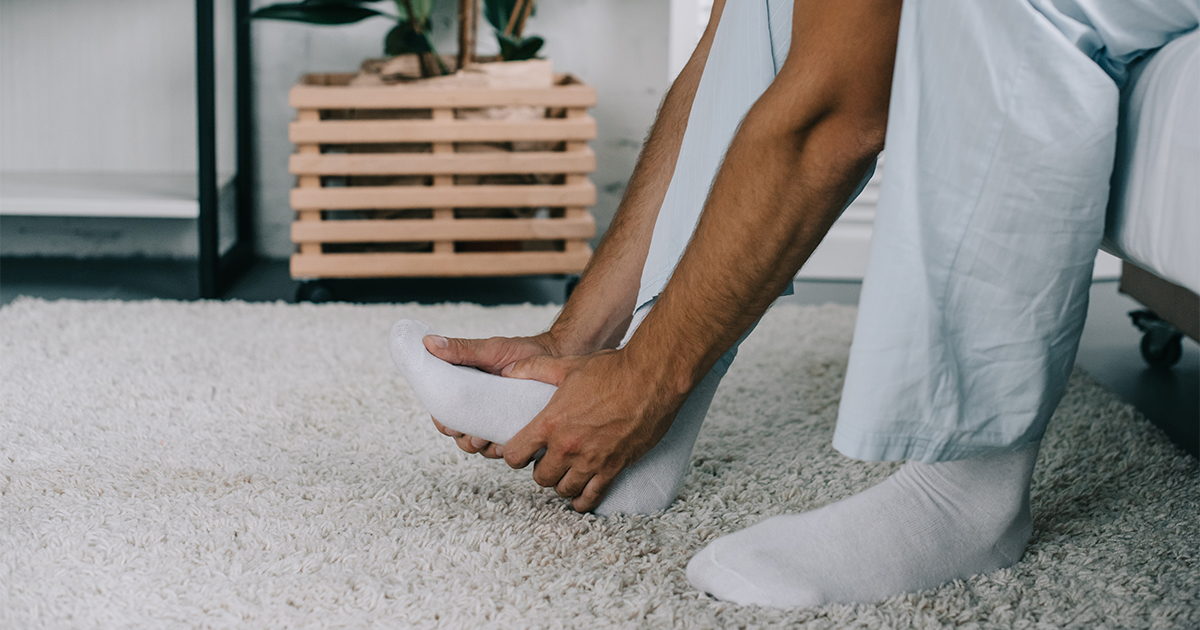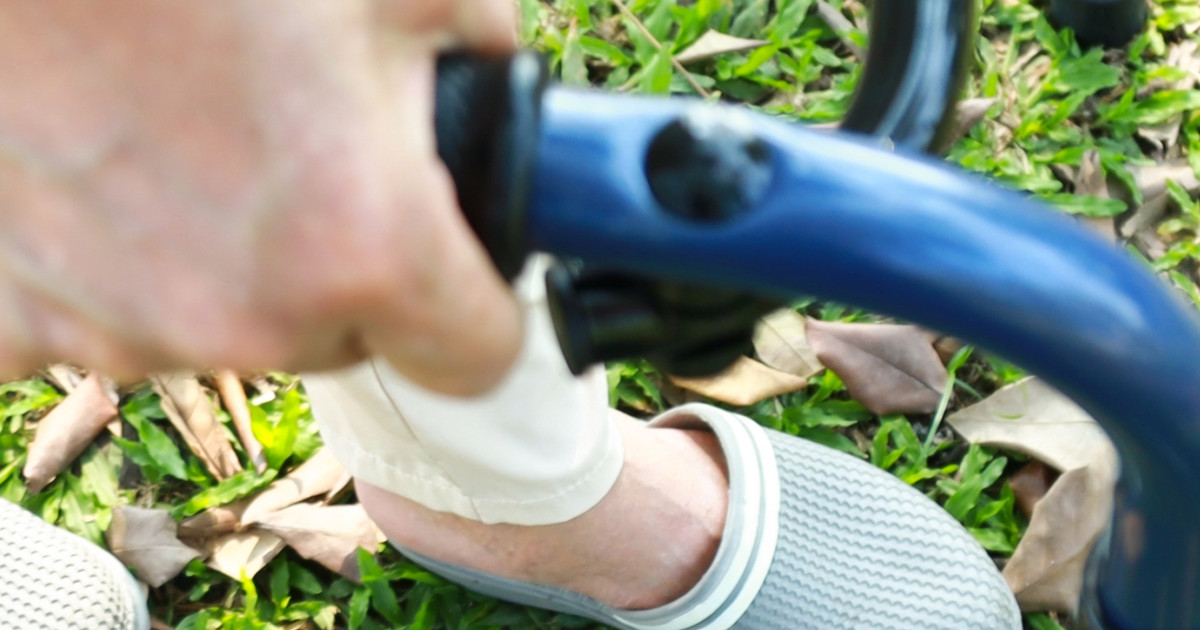Guide To The Symptoms Of Guillain-Barre Syndrome
Guillain-Barre syndrome is a rare disorder that occurs when an individual's immune system attacks the healthy nerve tissues in their peripheral nervous system. Most cases of Guillain-Barre syndrome develop following an infection similar to gastroenteritis or influenza. Some cases of Guillain-Barre syndrome have developed following a bacterial infection as well. The exact cause of Guillain-Barre syndrome is unknown. It is thought that certain infections alter the way an affected individual's immune system reacts to their nerve tissues. The axon that sits under the myelin sheath of the peripheral nerves may be unrecognizable to the affected individual's immune system, which triggers the attack. Diagnosis of Guillain-Barre syndrome is made with the use of a physical examination, nerve conduction examination, electromyography, and lumbar puncture. Treatment for this syndrome includes the use of plasma exchange and or immunoglobulin therapy.
Several symptoms can indicate Guillain-Barre syndrome. Get to know them now.
Pins And Needles Sensation

An individual who has recently had a respiratory or digestive system infection who experiences pins and needle sensations in their arms or legs may be affected by Guillain-Barre syndrome. The immune system in an affected individual loses its ability to properly recognize the parts of the nerves referred to as the axons and myelin sheaths. These components of the nerve allow for the electrical impulses to move from one nerve to the next in the body. Pins and needles sensations are usually the first symptoms to appear in affected individuals. Because the myelin sheath encapsulates the axon of the nerve, it experiences the most damage in the early stages of the syndrome. Myelin sheaths are protective fatty coverings responsible for insulating the nerve axon and helping the impulses move smoothly from one nerve to the next. Without this protective covering, the nerves cannot conduct nerve impulses properly to and from the brain. This malfunction is what produces the sensation of pins and needles in the affected arm or leg.
Get the details on more symptoms of Guillain-Barre syndrome now.
Walking Issues

Problems with walking do not usually occur until Guillain-Barre syndrome has progressed into a more severe stage. The movement and coordination required for an individual's body to stand and walk properly are controlled with communication between the brain, nerves, and muscles. Issues with walking can occur when any mechanism interrupts the proper conduction of impulses between these three structures in any part of the complex process that is required. Muscle weakness is the most common reason why individuals affected by Guillain-Barre syndrome experience problems walking. Muscle weakness is characterized by an inability to produce a muscle movement when the patient is making their best effort to do so. Muscle weakness is the result of interruption of impulses before they can reach the muscle and cause a contraction. Muscle weakness in the legs or back can also produce balance problems that cause walking issues.
Discover more Guillain-Barre syndrome symptoms now.
Bladder Or Bowel Control Issues

Bladder control is enabled by three different sets of peripheral nerves, including the parasympathetic, lumbar sympathetic, and pudendal nerves. All of these nerves are involved in the process of communication between the brain and bladder that allows for the proper retention and release of urine from the body at the appropriate times. If an individual's immune system attacks any of these nerves due to Guillain-Barre syndrome, they will experience problems with controlling the release and retention of urine. The nerves that send signals to an individual's brain from their rectum and anus can also be affected by Guillain-Barre syndrome, which causes them to be unable to feel when they need to have a bowel movement. Damage to these nerves from Guillain-Barre syndrome can also cause a patient to be unable to have a bowel movement when they feel the need due to an interruption in the transmission of impulses from the brain to the rectum and anus.
Continue reading to learn more about the warning signs linked to Guillain-Barre syndrome now.
Severe Pain

Severe pain is a relatively common symptom in the population of Guillain-Barre syndrome patients. Pain is typically known to manifest a couple of weeks before the onset of any muscle weakness. The exact pathophysiology of this symptom manifestation in Guillain-Barre syndrome is not clear, but it is thought to be associated with abnormalities in an affected individual's sensory nerve fibers and how they work once they have been damaged. Severe pain that occurs due to Guillain-Barre syndrome can last from a few weeks to over a year. The presence of other pre-existing psychological abnormalities or sensory disturbances may also be contributing factors to this symptom in affected individuals. Research has indicated there is a positive correlation between the presence of certain cerebrospinal proteins in the cerebrospinal fluid and severe pain as a symptom of Guillain-Barre syndrome.
Reveal more warning signs associated with Guillain-Barre syndrome now.
Difficulty Breathing

An individual who has recently recovered from a respiratory or digestive infection and experiences difficulty breathing may be affected by Guillain-Barre syndrome. An individual can inhale and exhale air due to a complex arrangement of connective tissues and muscles that surround the lungs. Inspiratory muscles are those that help the thoracic cavity expand with inhalation, and expiratory muscles are those that help with the compression of the thoracic cavity during exhalation. Both types of muscles, as well as the diaphragm, work in sync with each other to produce the movement of breathing. The respiratory motor control system in the brain is responsible for producing the proper contraction of these muscles. These nerve impulses move from the brain to the brain stem, down the spinal cord, and to the peripheral nerves attached to the inspiratory and expiratory muscles. When these nerves become damaged from Guillain-Barre syndrome and can no longer carry muscle impulses properly, the patient may experience problems breathing.
